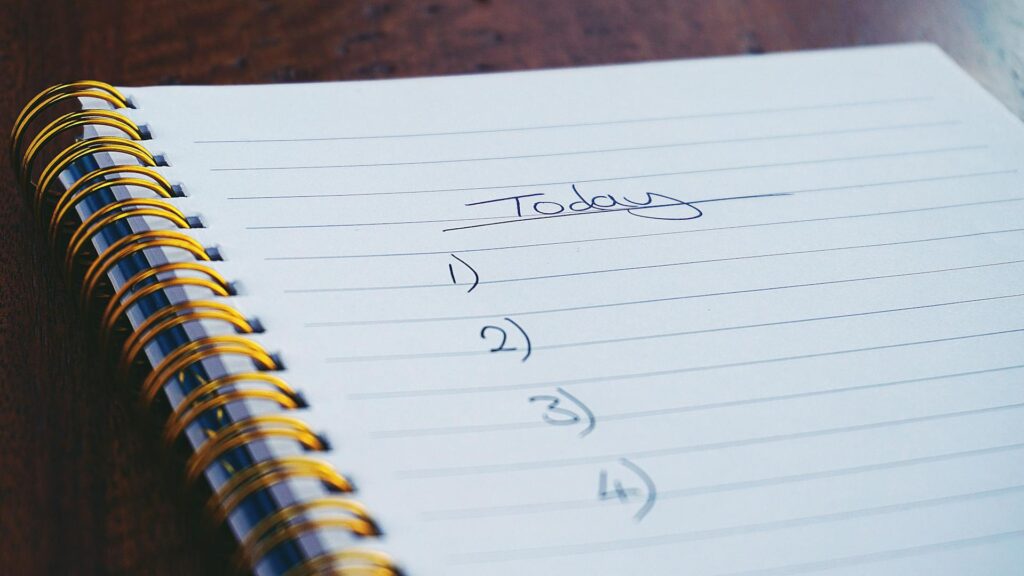How to Become a Better Salesperson

Networking may seem easy, but a lot goes into facilitating effective outreach and building long-lasting relationships with potential customers and clients.
When a lot of your efforts are spent finding prospective clients, it’s essential you also sharpen your sales skills so you can take those relationships to the next level successfully.
Becoming a better salesperson starts with a mindset shift—by seeing yourself as a trustworthy expert for your prospects. By offering value and knowledge to your prospects, you can position yourself as an expert, helping you increase your sales and revenue.
To be successful in sales, you need to convince leads that your products/service is the solution to their problems. Customers don’t care about all the great features you can offer. They care about what will solve their pain points. That is what will help you close deals and reach your sales goals.
Because sales is a craft, there is always room for improvement and learning. Becoming a better salesperson means being open to training, new concepts, and different methods.
In this article, we’ll share seven tips to help you become a better salesperson.
7 Tips for Becoming a Better Salesperson
1. Understand Your Product/Service
It’s hard to convince others to purchase a product if you aren’t knowledgeable about it or don’t exude confidence when speaking about it. By understanding the ins and outs of the product or service you are selling, you’ll be able to talk confidently about it as an expert and highlight how the features of the products can solve the problems of your target audience.
2. Identify your Ideal Buyers
Not everyone is your customer when prospecting for potential buyers and leads. Who has pain points that your product or service will solve? Before prospecting, research the market to understand who your ideal buyers are.
Identifying your ideal buyers helps you collect essential and relevant information that help you connect with their pain points and likely objections that may come up in the sales process. Preparing ahead for these can reduce the number of rejections and make your sales process and cycle more efficient.
3. Be Confident
No one wants to deal with a salesperson that lacks the confidence to sell a product or service. Being confident in yourself, your process, and your product as a salesperson can get you through most of the buyer’s journey. Confidence isn’t a magic trick—it comes from a combination of knowledge, skills, and habit.
To become a better salesperson, learn as much as possible about your prospects, product, and market, and how to improve your marketing and sales skills, then work on repeatedly building upon your knowledge and skills. This focus will enhance your confidence and make you a better salesperson.
4. Request for Referrals
Whether your prospect has said yes or no, requesting referrals as a salesperson is a great way to increase your flow of leads and sales. Ask prospects if they have acquaintances, friends, or colleagues who would be interested in the same product or service that you pitched to them.
Some responses will be the door to new prospects that may become paying customers — customers you didn’t have to spend money to acquire.
5. Always Follow-Up
As a salesperson, whether there has been a response to your proposal or not, follow up with your prospects. People can get busy with work or other things, or perhaps the time your pitch got to them wasn’t the best. Following up lets you remind them that you are still very much in the picture and awaiting their decision.
You can remind prospects of the plans they had for your product or service, remind them to respond to your pitch, or remind them to reach out if they promised to get back to you. Express your follow-up with sincere interest to avoid looking too spammy or salesy.
To help you with organizing your important contacts and facilitating follow-up, use a contact management app like Contacts+. Our tool makes sure all your contact data is up to date, and our notes feature ensures you know exactly where you left off with each person in your address book.
6. Know When to Step Back
Sometimes, within your ideal target audiences are prospects who may not be a good fit for you, your product, or your service. If you are expending a tremendous amount of energy and find yourself in a lot of back-and-forth conversations with a prospect to purchase your product, perhaps they are not the right fit for you.
While it’s crucial to close sales, spending time with the wrong prospects will take away from the time you spend with the right ones. If a prospect answers negatively to all of your foundation questions, you should take note and move on to qualified leads.
7. Develop a Sales Process
While every prospect is unique, it’s important to develop an overall strategy for how you move your prospects from the moment you connect with them to the close.
A consistent process that can be measured and tested helps you identify the different objections that may come up, the status of every sales point, and actions to take at every stage.
Qualities of a Good Salesperson
As a salesperson who wants to close sales and hit set quotas and goals, you must learn to:
- Make a positive and lasting impression on your prospects
- Be prepared to provide fact-driven answers to prospect’s questions
- Listen actively to what your prospects say and what they don’t say
- Be the expert in whatever product or service you are selling
- Be disciplined enough to get the job done even when it’s tough
- Go through the challenging period of low conversions while revising your process
- Identify when there is a need to change approaches
- Exude confidence in yourself, and your product/service
- Be resilient and not be quick to give up
Communicating the value of your product or service effectively with prospects is essential to your sales-closing skills. It’s important to understand who you’re selling to, what they need, and why they should buy from you. With these helpful tips, you can start your journey to becoming a better salesperson.





